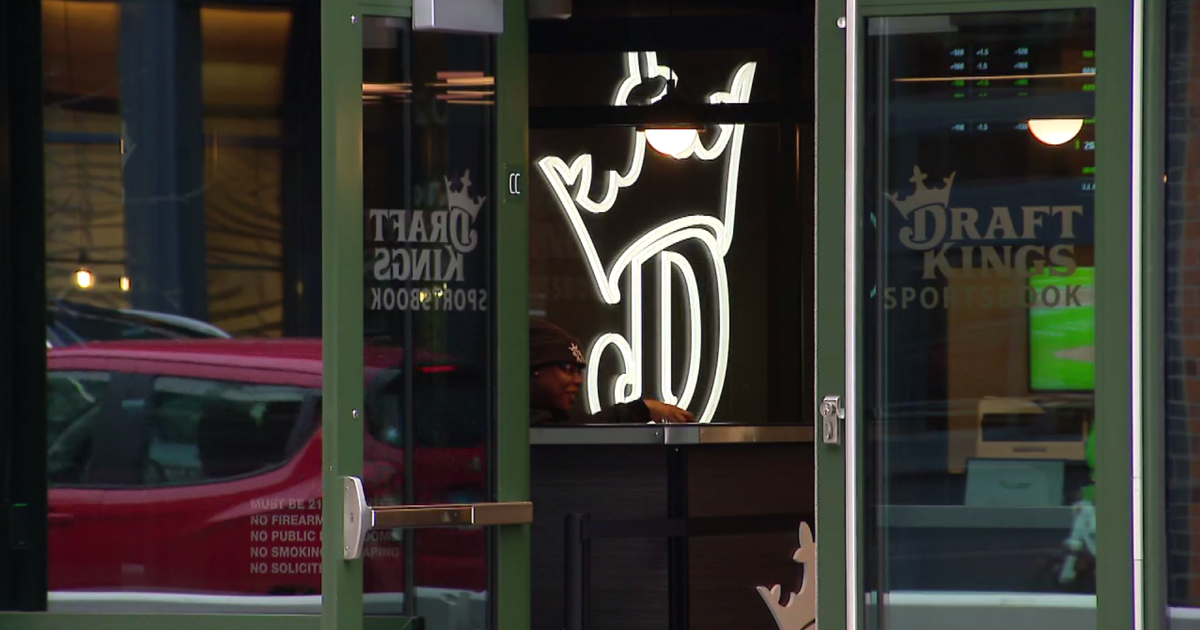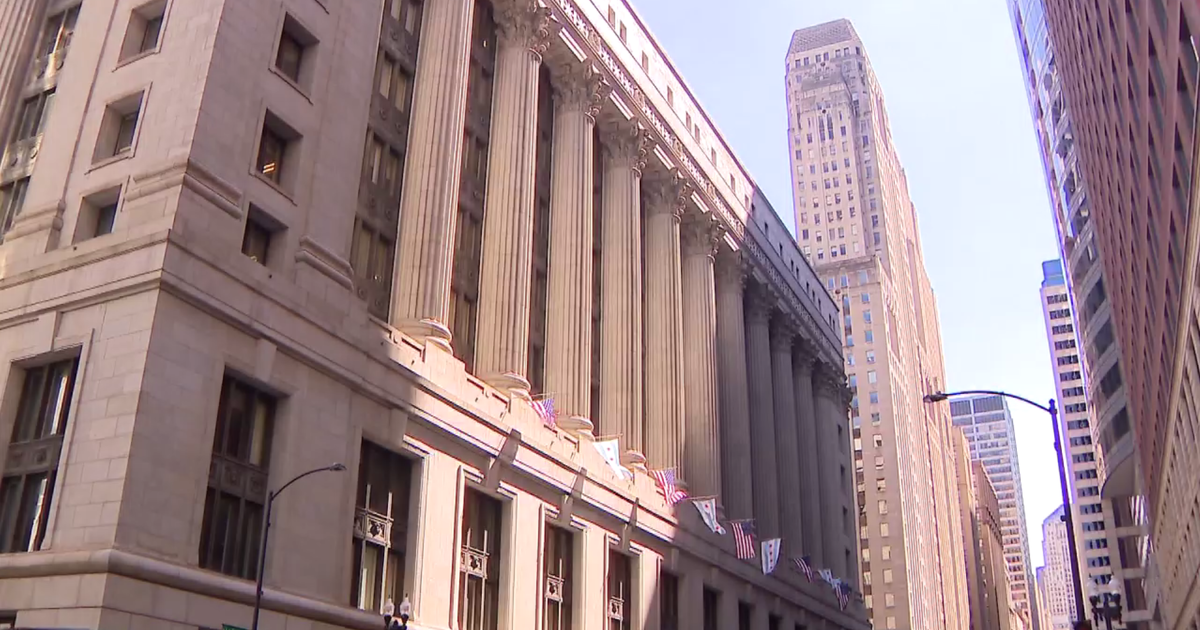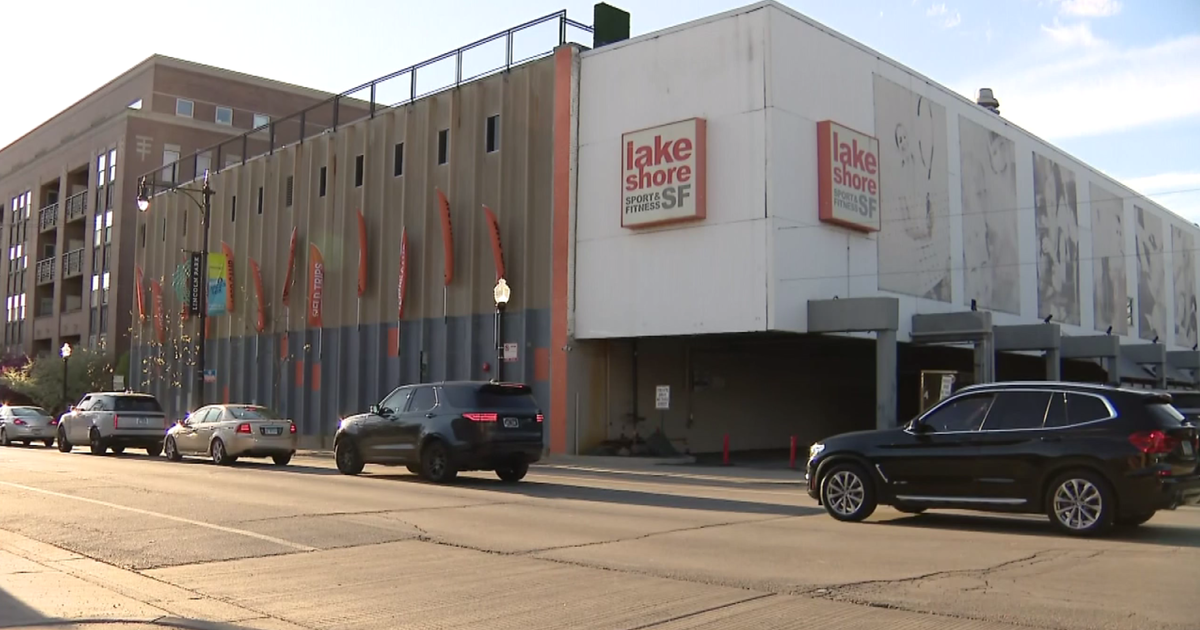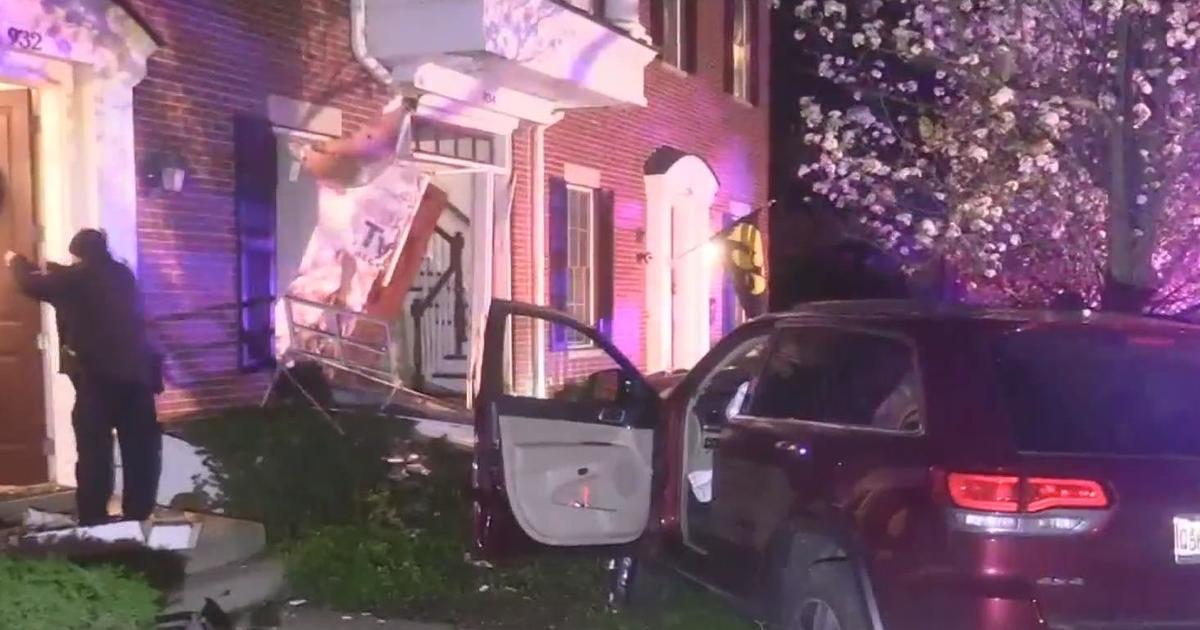CBS 2 Fact-Check: Car Dealerships, Landscapers, Dispensaries - Who Stays Open During COVID-19 Crisis?
By Samah Assad, Megan Hickey
CHICAGO (CBS) -- Since Gov. JB Pritzker announced "non-essential" businesses must temporarily close in an effort to curb the coronavirus outbreak, residents contacted CBS 2 with questions about what constitutes as an "essential" or "non-essential" business.
In more than a dozen messages, residents across the state questioned why certain businesses remained open after the executive order went into effect Saturday. What we found was surprising -- some businesses viewers assumed should be closed are actually allowed to be open.
Here are some of businesses we received multiple questions about, and in turn, fact-checked with the governor's order and the Illinois Department of Commerce & Economic Opportunity (DCEO) checklist for businesses:
Car Dealerships & Car Repair Shops
These businesses can remain open for repair services and car sales on an appointment-only basis. However, showrooms must close, the order says.
Arlington Heights Ford owner John Guido, Jr. said his business serves police and municipal cars, as well as maintenance vehicles that are crucial for protecting residents.
"It's for our service department, our parts department getting those sales back on the road so that our people on the front lines can keep working," Guido said.
He added his employees regularly disinfect vehicles at every stage of the maintenance process and adhere to the social distancing requirements.
"Whether the customer likes it or not, they're sitting six feet apart," he said.
Landscapers & Lawn Care
Landscape projects are deemed essential as they fall under the construction, agriculture or public works section of the order.
This is because, according to the business check list, outdoor landscape projects "generally will provide for good social distance that poses little risk of transmission." However the checklist emphasized it's important to ensure the ability to wash or sanitize hands.
One lawn care business that continues to provide services is TruGreen. CBS 2 contacted the company to ask what precautions they are taking to protect employees and customers. TruGreen said it has transitioned its associates to working from home whenever possible. For employees who directly service lawns, they've updated their protocols to include providing a "touch-free" lawn care experience without face-to-face contact with customers. You can read the company's full statement below:
"In line with CDC recommended practices, TruGreen has revised our protocols with the health of our customers, our associates and the community in mind. We have transitioned our associates to working from home when possible. Our branch locations and trucks are sanitized daily and branches are operating using staggered work schedules to reduce the number of specialists starting or completing their day at the same time. For those who directly service lawns, our updated protocols include providing a "touch-free" lawn care experience where our associates are able to continue to deliver services without face to face contact with customers. If a customer has questions during their service, our specialists are practicing social distancing in accordance with CDC guidelines and will keep a distance of at least six feet. We are also providing notice of our arrival and service details by phone, email and our app."
Licensed Marijuana Dispensaries
Dispensaries are outlined in the order under "healthcare and public health operations." However, the order does not say if this applies to both recreational and medical marijuana users.
CBS 2 contacted the state to ask for clarification and did not immediately receive a response.
Liquor Stores
Stores that sell groceries, food and beverages, including alcoholic and non-alcoholic beverages, fall under the essential category in the order. It is unclear if liquor stores must also sell food in order to be deemed essential.
Enforcement
CBS 2 asked the state what guidance cities should follow if non-essential businesses that should be closed choose to remain open. Officials said Illinois State Police will work with local law enforcement to enforce the order, but did not specify how or what types of enforcement will be used.
The state said enforcement will also apply if employees are being asked to report to work in-person where the business is not supposed to be open, or if appropriate social distancing precautions are found to not be taking place.
Aurora is one city that said it will enforce the order if non-essential businesses are found to be open.
"We have received complaints from employees who are justifiably concerned about working conditions amid the COVID-19 crisis," Mayor Richard Irvin said Wednesday. "We will determine if the business is essential as defined by the State, and, if so, what social distancing and prevention measures are in place for operations."
Specifically, if a non-essential business is found to be open, the city will send a compliance notice. Business owners will have 24 hours to comply or appeal to the law department before corrective action is enforced. This could include an order of closure issued by the state or local health department, or a civil and/or criminal liability.
"This is clearly a matter of life or death," Irvin said. "COVID-19 is here in Aurora, and we will do whatever is necessary to reinforce the state's guidelines for safety. We cannot have employees working in unsafe conditions and completing non-essential tasks just to meet the company's bottom line. People are more important than profits."
As of Wednesday, Illinois has 1,865 confirmed cases and 19 deaths connected to the coronavirus.
Resources
Businesses who have questions about whether or not they are considered essential or non-essential can call DCEO's First Stop Business Information hotline at 1-800-252-2923 or email ceo.support@illinois.gov.
According to its website, response to voicemail will be delayed and "staff are currently working remotely and inquiries should be directed to email for fastest service."
You can read more of CBS 2's reporting on other businesses that fall under the essential category here.
You can also read the DCEO's checklist here:
[scribd id=453257626 key=key-aylJujMEwZE4V86vOjuW mode=scroll]



